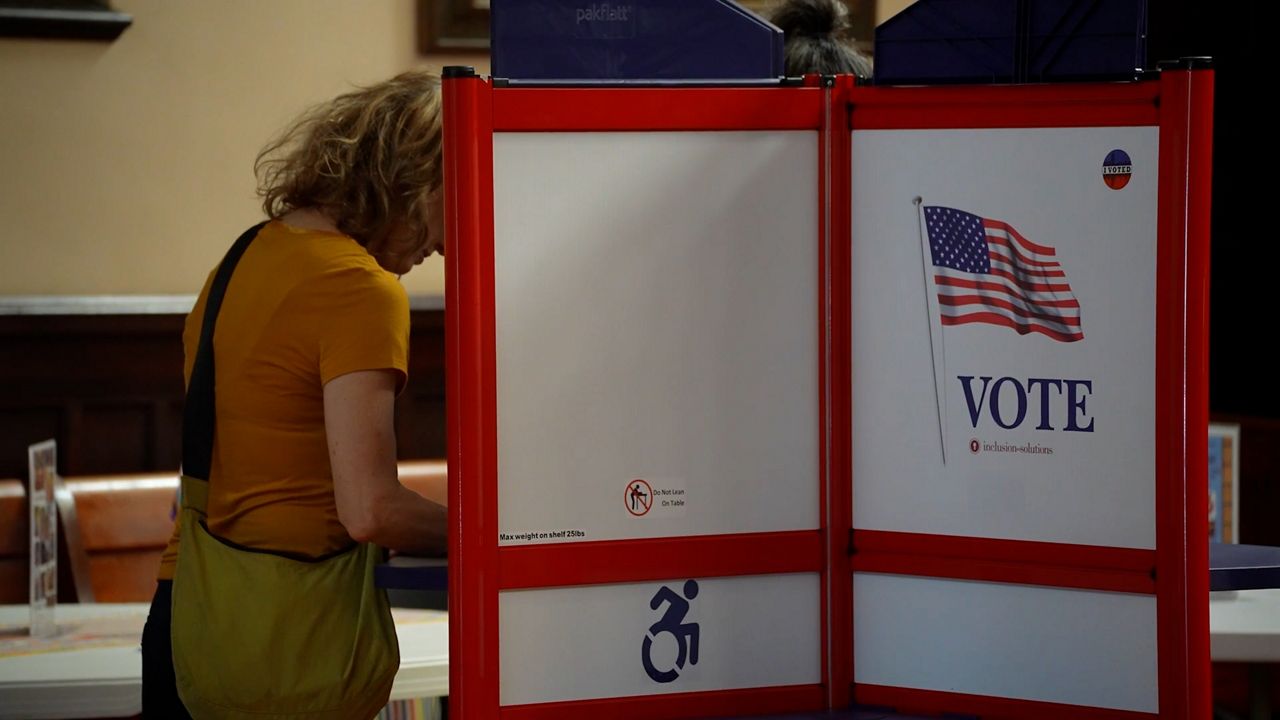ALBANY, N.Y. – As the election season approaches, a grassroots group says it’s working to make voting more accessible and representative for residents. Unite NY recently organized an informal session in Albany, aiming to demystify ranked choice voting, an approach increasingly in the spotlight across New York.
With this system, voters can rank candidates in order of preference.
“If you really believe in someone but aren’t sure they can win, you can put them first and another as a backup,” explained David Green, statewide organizer for Unite NY.
If no one earns over 50% of first-choice votes, the lowest candidate is eliminated and their votes go to voters’ next choices, repeating until someone wins a majority.
What You Need To Know
- Ranked choice voting lets voters rank candidates; if no one tops 50%, rounds of elimination decide the winner
- New York City uses ranked choice voting; upstate organizers want to expand it
- Some praise its fairness and engagement, while others warn of confusion and result delays
Supporters, like Dorian Solot of Ranked Choice Voting Albany, say the process boosts fairness and makes elections more representative.
“It’s a better and fairer, more representative system of voting. Really easy for people to learn how to use,” Solot said.
While New York City has used ranked choice voting for city primaries and special elections since 2019, advocates are pushing for its adoption upstate.
“There’s a lot of broad disengagement… giving people hope that the political system can work for them is really encouraging,” Green added.
Opinions remain split. Albany County GOP chair Dr. Jim McGaughan argued, “I think the more we make changes to the electoral system, the more we erode confidence in it.”
However, Daniel Plaat of the local Green Party sees it as “more democracy,” with the potential to expand representation and boost turnout.
Adopting ranked choice voting locally requires public support, legal processes and updates to election laws. Organizers and officials alike agree: the debate is just getting started, but education is the first step.
